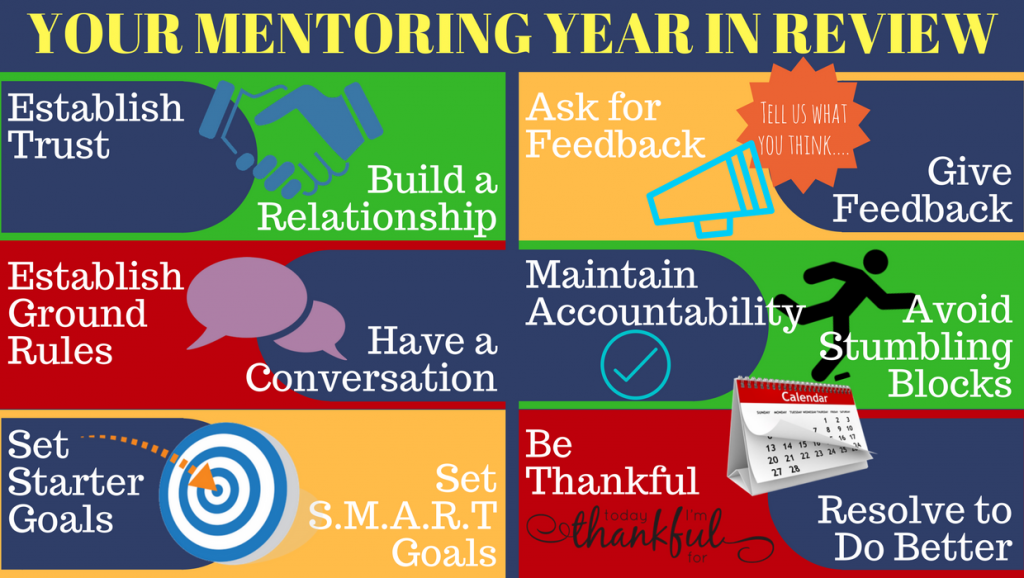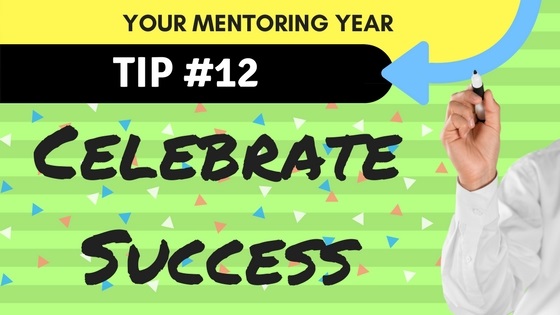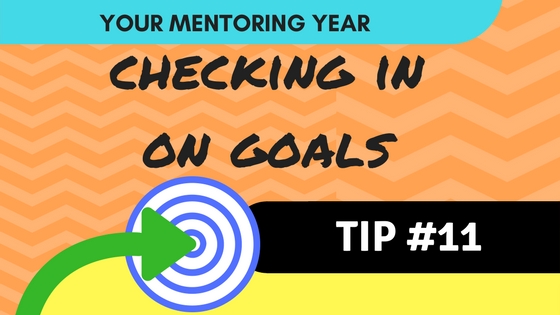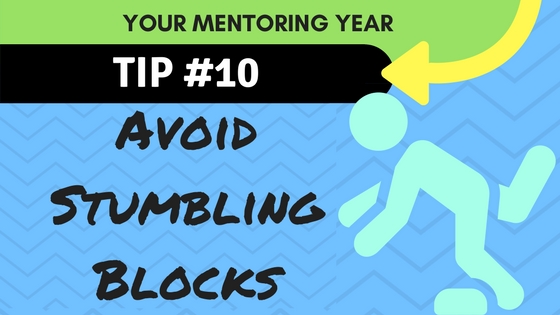
Mentoring the Mentors: Advice and inspiration for working with startups

Posted by: Rick Turoczy (Originally published at siliconflorist.com on July 3, 2012)
Around the time PIE was starting the accelerator phase of this ongoing experiment, David Cohen, cofounder of TechStars, shared the TechStars Mentor Manifesto. And it served as an inspiration for me. A post by Micah Baldwin, a former TechStars mentor, provided a similar nudge for me.
I’m often reminded to go back and reread both of these posts and am inspired, again and again. So I thought I’d take the opportunity to augment the PIE mentor guidance a bit with some things that we’ve learned from observing PIE startups and mentors over the years.
We shared these tips with the PIE mentors and a few of them suggested we turn it into a blog post for the broader mentor community.
So we took that mentoring to heart.
If you’re thinking about becoming a mentor for startups — either in a formal accelerator program or independently — here are some tips for thinking about how to work with entrepreneurs.
Read on here for 10 tips for mentoring startups.
Your Mentoring Year, Recap

You’ve come so far in your mentor/mentee relationship! Take a breath and take a look at all you’ve accomplished over the past 12 months.
Do you remember where you began a year ago? What was the quality and tone of that relationship then? What were your goals and visions?
Where are you now…and even more exciting, Where are you headed for the next 12 months?
Next month we begin a whole new series of tips! So, dream, journal and wonder at your next level…and stay tuned for more.
Your Mentoring Year Tip #12: Celebrate Success!

Celebrate Success!
How long has it been since you’ve taken a look at the progress you’ve made? As a mentor? As a mentee? In your business? In your personal growth?
We encourage you to take time each quarter with your mentoring partner to celebrate your achievements. What are the demonstrable improvements in outlook, behavior, performance and work satisfaction since your mentoring relationship began? Get specific and outcome-focused. We can’t fully appreciate where we are until we’ve celebrated how far we have come.
Your Mentoring Year Tip #11: Checking In On Goals

Checking in on Goals
How will you know whether or not you’re achieving your goals?
When you get results? Yes. Sometimes that’s the case.
More often the knowing and the awareness of where you are at with your goals lies in the simple, and powerful, action of checking in. You can do this on your own, with a friend, cohort or mastermind and/or with a mentor.
The real work of refreshing your memory and looking at your goals, framing them in your vision, is actually so simple that many overlook it. You won’t when you actively follow this tip.
Your Mentoring Year Tip #10: Avoid Stumbling Blocks

One of the biggest stumbling blocks for mentoring pairs is staying on track over the course of the year.
To make sure you avoid this potential trap, make sure you determine how to manage your mentoring time:
How often and how long will you meet?
How will you handle and reschedule cancelled meetings? Consider using an agenda, preparation, and journal as vehicles for maximizing learning. Your schedule holds and organizes your most valuable asset – your time.
For new mentor/mentee relationships, the development of an agreed-upon framework will not only set expectations, but also support focused meeting times so you both get the most out of your time together.
For more experienced pairs, referring back to the framework (or creating a new one) is a great way to a mentoring relationship back on track.
Ready for more? Review the Mentor’s Guide: Facilitating Effective Learning Relationships for more support, insight and tools.


